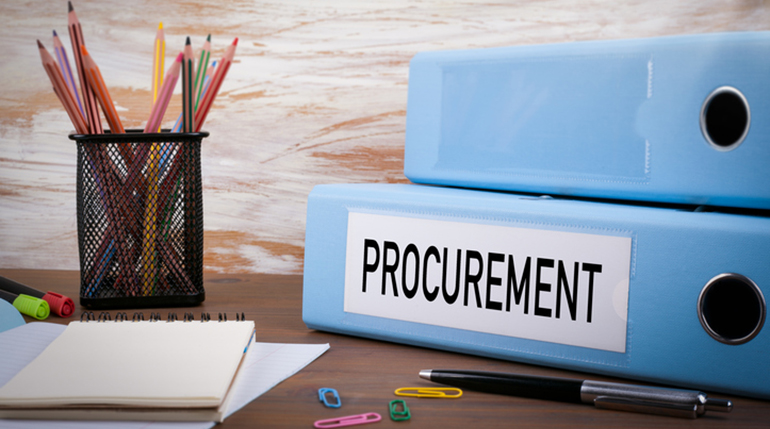Smart procurement practices are critical for businesses in every industry to ensure efficient operations and an optimized bottom line. Put simply, procurement involves all the operations and processes involved in external parties’ acquisition of the necessary goods and services.
This can include everything from office supplies, furniture, and appliances to heavy equipment, testing and training, and consulting services. Not only does the careful management of all procurement activities keep business activities going smoothly, but it also saves capital, time, and energy.
Management of procurement ensures that all goods and services are purchased correctly so that projects and procedures can continue quickly and efficiently. In short, to prevent expensive delays and mistakes, good procurement control is crucial.
What is Procurement?
Procurement is, quite literally, through a tendering or competitive bid process, the act of purchasing products and/or services.
This is where a ‘contract notice’ will be released by the buyer through an electronic portal (known as e-tendering, or e-procurement software) detailing data like the title of the contract and the description of the necessary products/services, a specification, and/or job scope, the estimated value/budget for the deal, the required duration of delivery and so on.
Suppliers (of products and/or services) will then, following the guidance given, compile a tender response and send it through the medium provided. The buyer will then review all the responses against the assessment criteria they have selected, and the contract will finally be awarded to a supplier.
If you are new to the process, the distinction between procurement and purchasing can be confusing, since it is normal to hear the words being used interchangeably. However, the distinction between procurement and buying, in this case, is this:
Procurement is the umbrella term, from creation to conclusion, for the entire process of sourcing, selecting, and obtaining products or services.
Purchasing is just a small part of the procurement process (acquisition) and does not include other steps, such as job specification formation, procurement process management, bidding/tendering, evaluation/vetting, or terms agreement.
Why Does Procurement Matter?
Procurement is an important, democratic (if performed correctly!) mechanism that is particularly important to companies for the following reasons:
1. Save money: The procurement process will give you the best opportunity to find a supplier (or suppliers) that fits your needs and requirements most closely while providing the best value for money.
Buyers will most often measure tenders utilizing the MEAT (Most Economically Advantageous Tender) process, which includes scoring the price given by the supplier, scoring their quality responses, and then combining the two scores to award an overall total rating.
Therefore, the supplier with the best total mark is the supplier with the Most Economically Advantageous Tender.
2. Extend the reach of your alternative options: The procurement process allows buyers to obtain tenders from potential suppliers around the country, which can provide expertise and added value that local suppliers do not or can not offer, as well as enabling the buyer to choose a supplier that can provide the best value for money.
3. It streamlines the workload: If you need a new supplier to offer an ongoing service, let’s say for 3 years, then you want to be completely sure that you are having the best supplier possible, and that all your specifications can certainly be met.
It would be a bad use of employee resources to devote personnel to investigating and contacting prospective companies, which might take an unnecessary amount of time and yet not contribute to finding a supplier that meets your needs
4. Ensures accountability: When you issue a formal contract notice with accompanying tender documents that specifically define your specifications and the requirements that the prospective supplier needs to meet (such as minimum annual turnover, compliance with industry-specific standards, etc.), companies can then be held entirely liable before sending their responses to ensure that they meet these requirements.
5. Prevent corruption: You may check companies for details such as violations of lawful, environmental, or health and safety responsibilities by making suppliers fill out a supplier questionnaire.
Besides, you can request proof that they are not going to pose a financial risk to your operation and can deliver the service. Suppliers are required to self-certify that they meet all requirements to pass the Supplier Questionnaire, and may be held fully accountable if this is not the case.
Procurement is an integral part of an organization that establishes the smooth functioning of the company on a broader level. Without the right procurement management, a company can rapidly lose to competition in today’s market.
This is why most successful companies constantly try to improve their procurement management tactics.









